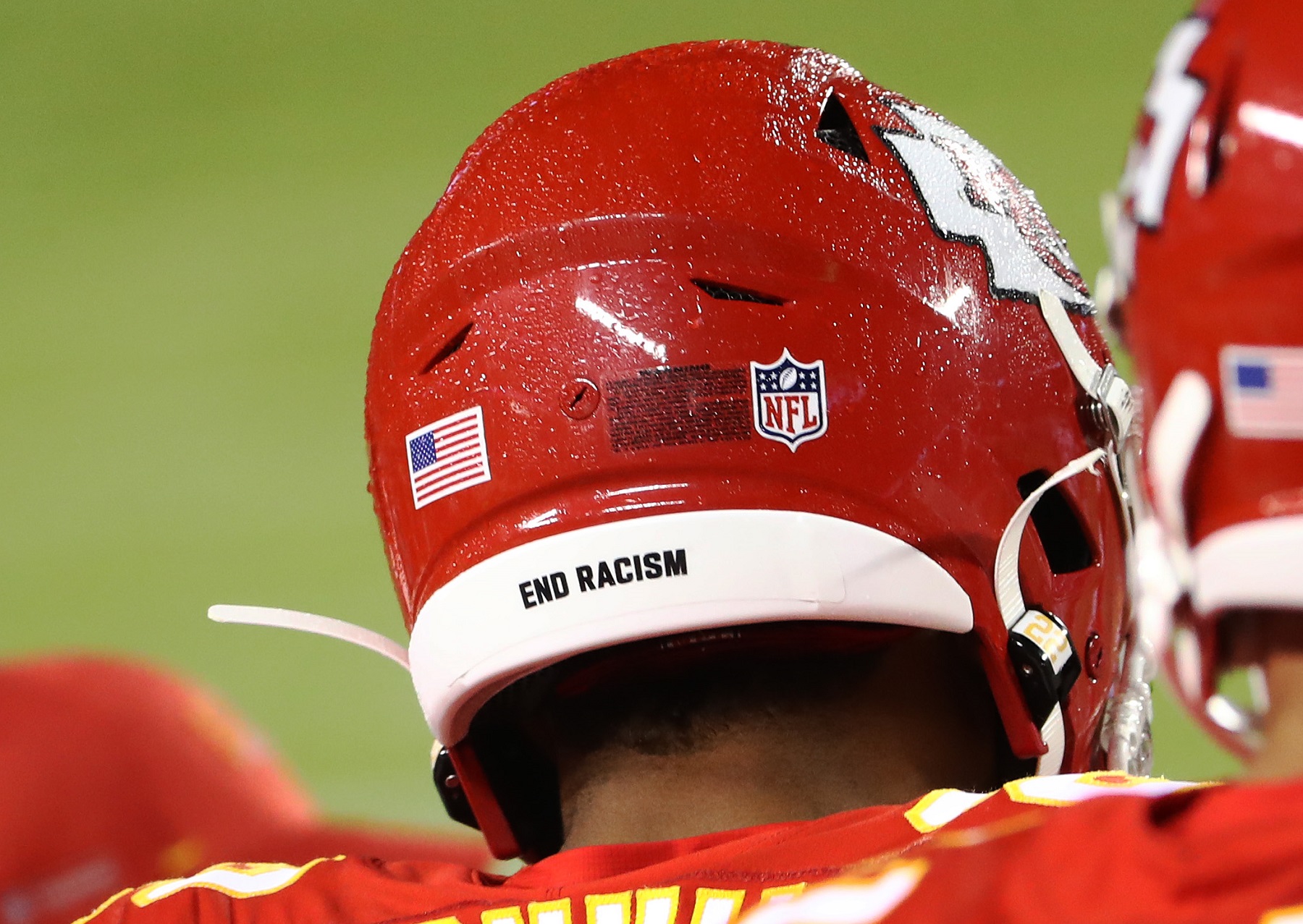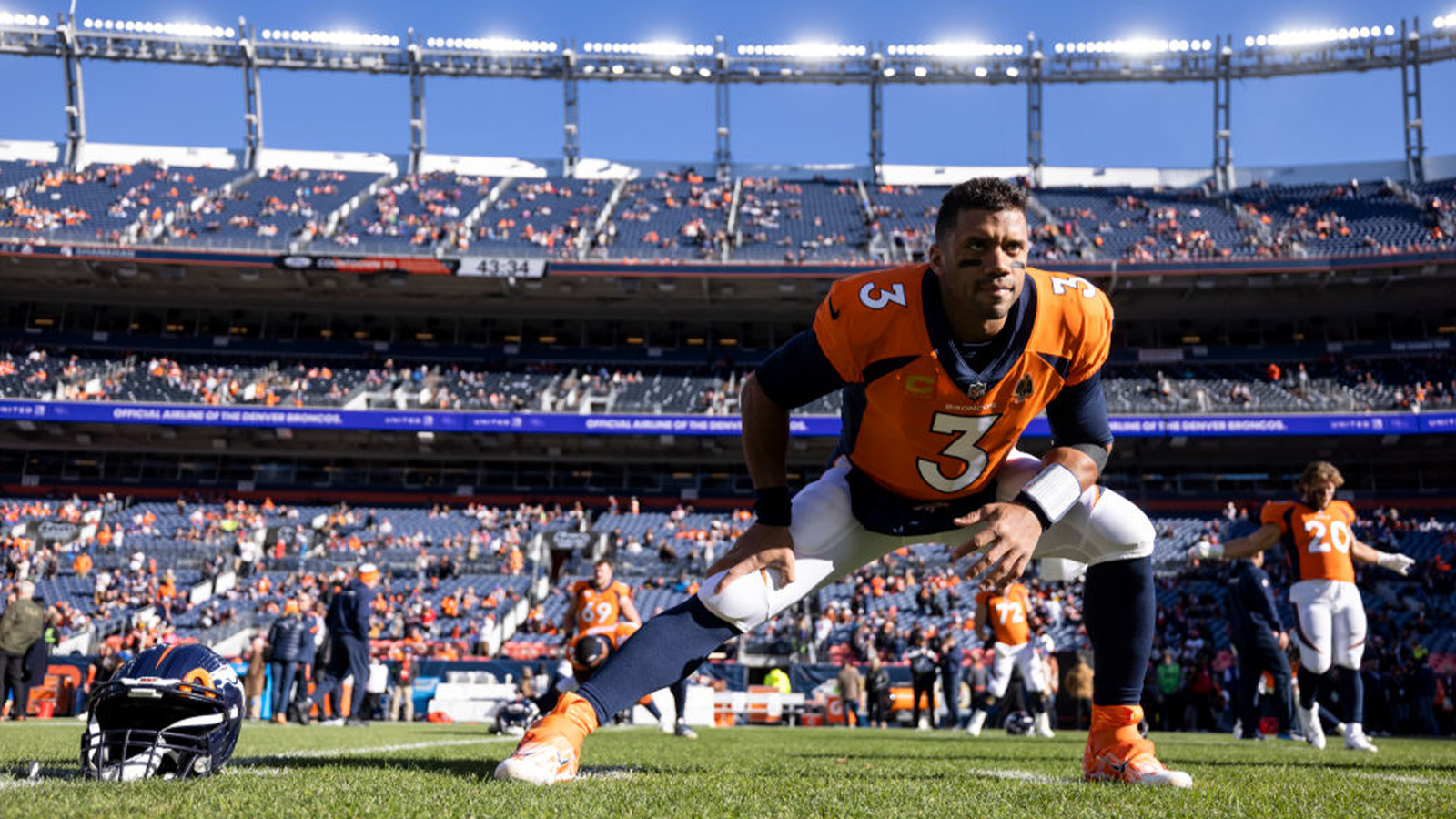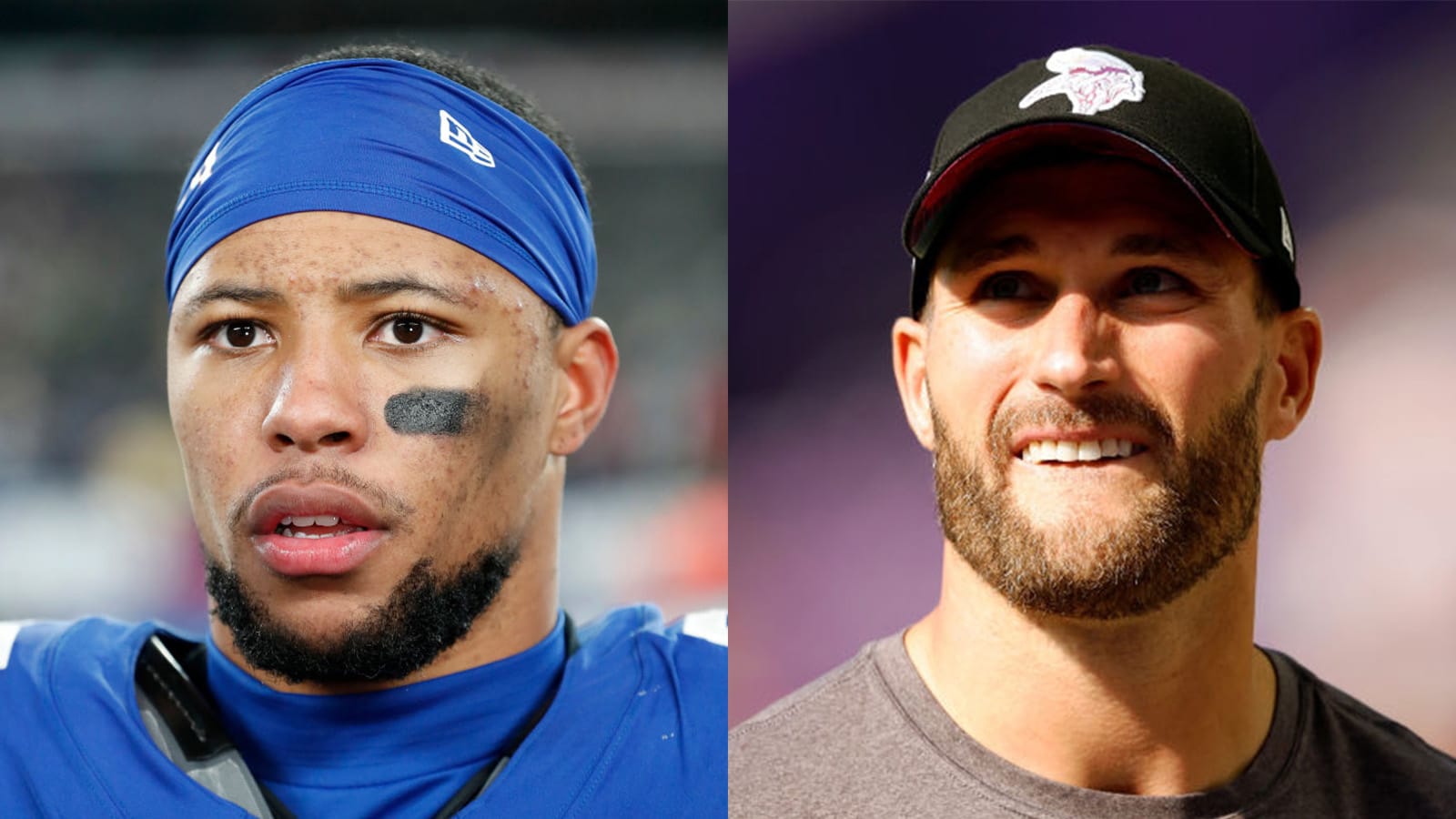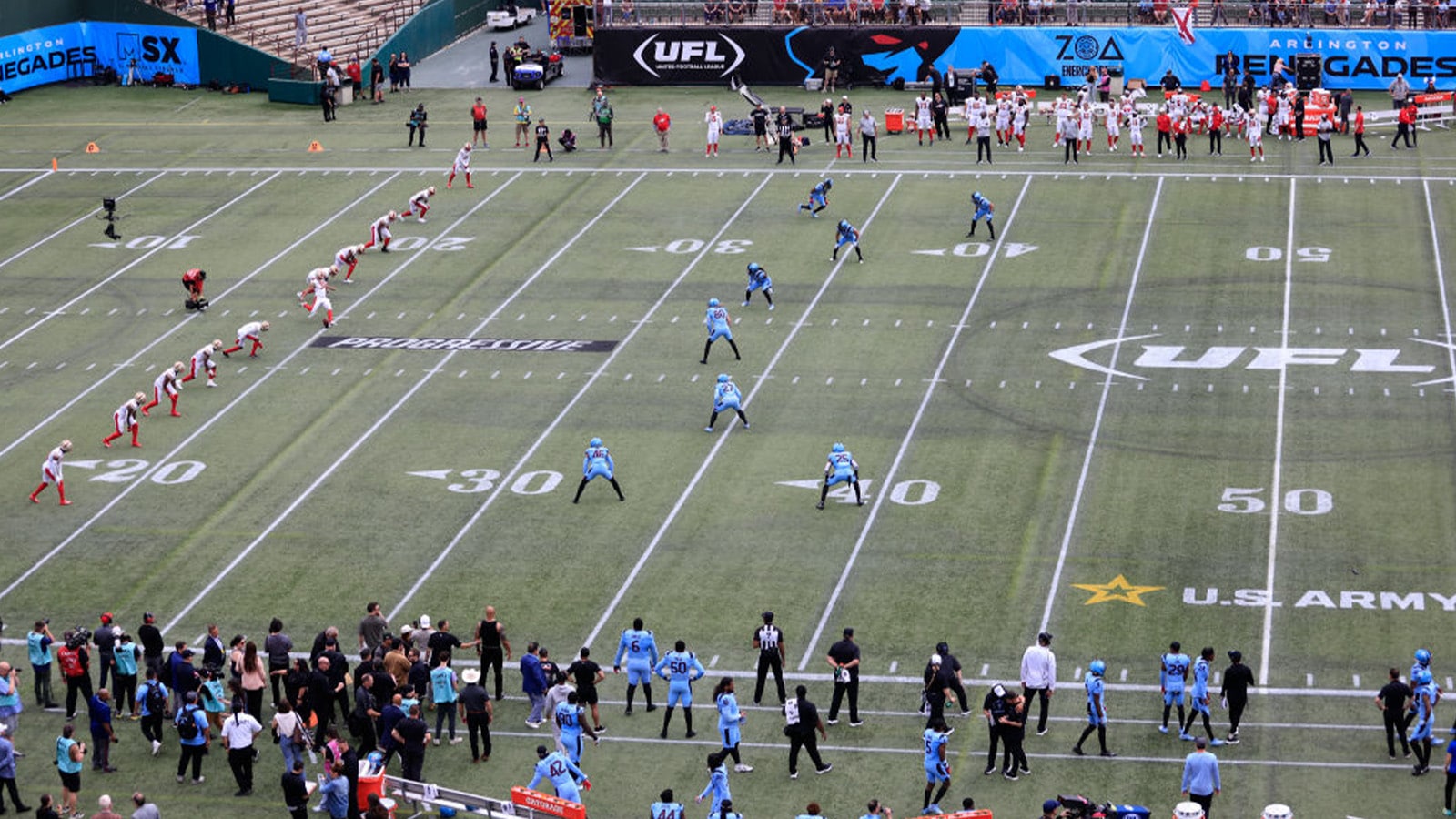
Why Are NFL Teams Playing the Black National Anthem Before Games?
The buildup to the 2020 NFL season has been unlike any other because of the COVID-19 pandemic that scrapped preseason games. Throw in societal unrest over three-plus months, and football fans are heading for a new look to Week 1. It will begin with the playing of the Black national anthem before games and includes a display of social messages.
The history of the Black national anthem
The broadcast of Thursday’s NFL opener between the Kansas City Chiefs and Houston Texans included Alicia Keys’ live performance of “Lift Every Voice and Sing,” which is frequently referred to as the Black national anthem. It likely was the first or one of the few times that most Americans had heard the song.
The song’s origins date to around the start of the 20th century in the form of a poem written by James Weldon Johnson, a significant figure in the civil rights movement in Jacksonville, Florida, according to the Library of Congress. His brother, John Rosamond Johnson, would later set the words to music for a performance as part of the celebration of the birthday of Abraham Lincoln, according to The Washington Post.
“Lift Every Voice and Sing” became the official song of the National Association for the Advancement of Colored People, for which James Weldon Johnson served as executive secretary from 1920-30. He previously served President Theodore Roosevelt as the U.S. consul in Venezuela and Nicaragua.
Why is the NFL featuring the Black national anthem before games?
On May 25, George Floyd died while being arrested by Minneapolis police officers. It set off protests across the country, with some instances turning violent, and brought the issue of social justice to the forefront.
Two weeks later, NFL commissioner Roger Goodell released a brief video in which he conceded the league had previously mishandled player protests of police brutality and racism. The league’s treatment of Colin Kaepernick after he began kneeling during the national anthem has been widely cited for several years as problematic.
“We, the National Football League, admit we were wrong for not listening to NFL players earlier and encourage all players to speak out and peacefully protest,” Goodell said. “We, the National Football League, believe that Black lives matter.”
Goodell vowed that the league would work with and support players who were speaking out against racism. The NFL also began pursuing ways that it could reinforce its commitment beyond supporting players. One was the decision to have “Lift Every Voice And Sing,” widely regarded as the Black national anthem, played before every Week 1 game.
However, in the Sept. 10 opener in Kansas City, the Houston Texans opted to stay in their locker room for both “The Star-Spangled Banner” and “Lift Every Voice and Sing,” performed 20 minutes earlier. Miami Dolphins players say they will do likewise as a criticism of “fluff and empty gestures” by the league.
How else is the NFL addressing the social justice cause?
The NFL has created a committee comprised of owners and players to focus on social justice issues. Among those on the committee are owners Arthur Blank of the Atlanta Falcons and Jimmy Haslam of the Cleveland Browns, and NFL legends Anquan Boldin and Aeneas Williams.
The group will develop ways to improve education, economic advancement, community/police relations, and the criminal justice process.
Game days will also have a different look beyond the playing of the Black national anthem before Week 1 contests. The NFL placed two messages on the out-of-bounds boundary behind the end zones for Thursday’s game between the Kansas City Chiefs and Houston Texans. They read “End Racism” and “It Takes All Of Us.”
The league is also allowing players to make statements on warm-up T-shirts and on their helmets. The NFL will allow them to display the names of victims of police violence and systemic racism on their rear helmet bumpers. The permitted list – the NFL is contacting victims’ families to confirm their approval – contains more than 80 names. Pro Football Report says the name of David Dorn, a retired police officer fatally shot in St. Louis during looting after George Floyd’s death, is also on the list.
Players can also choose from a list of messages that includes “Stop Hate” and “Black Lives Matter.”



